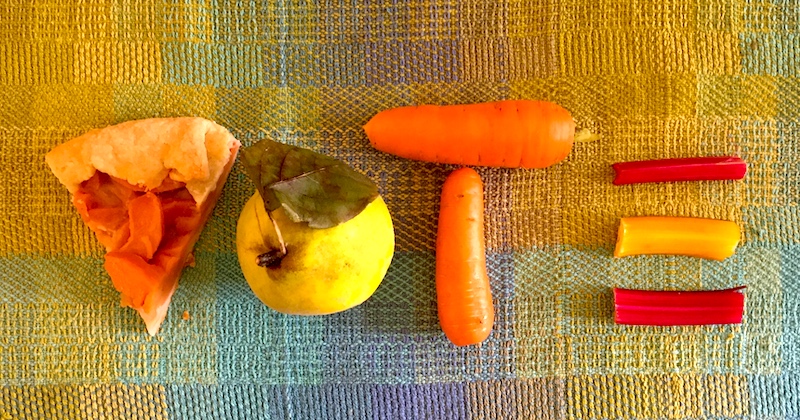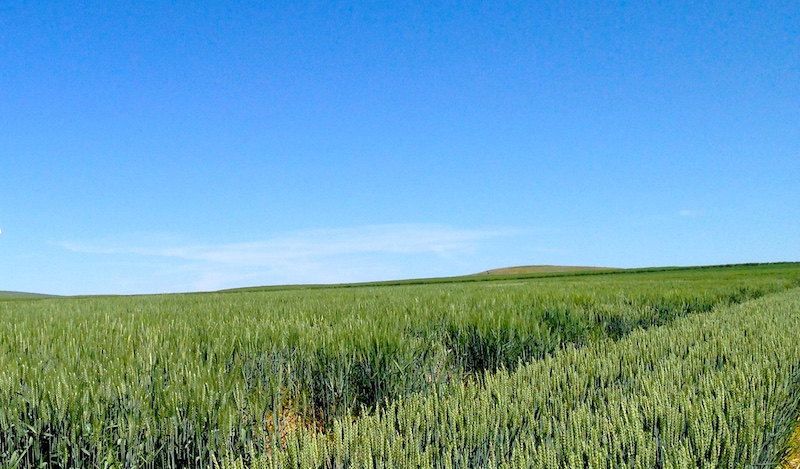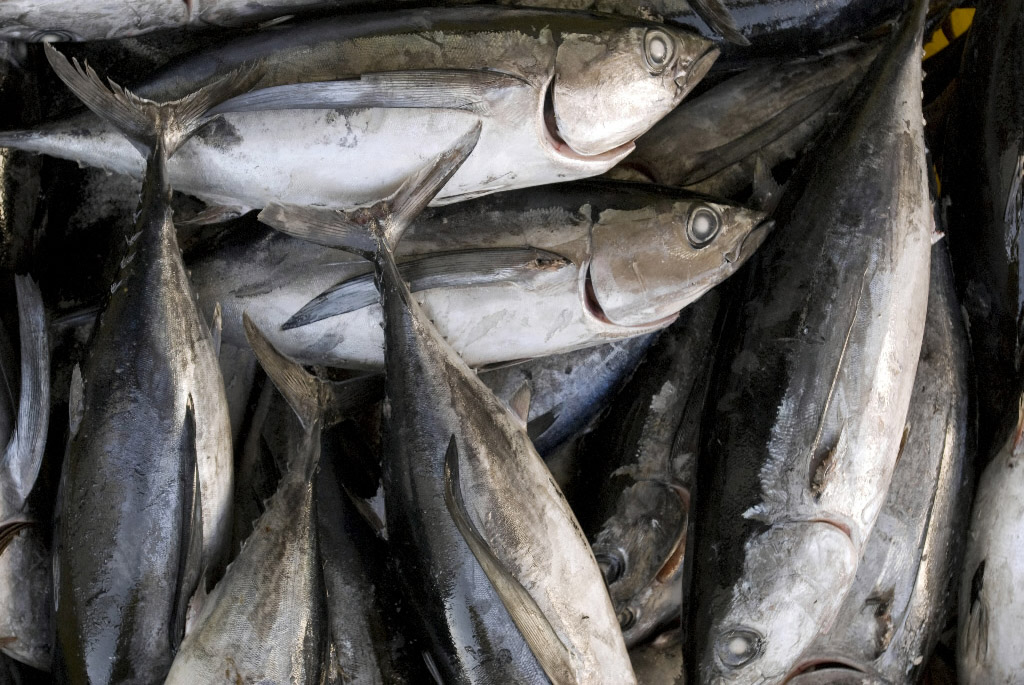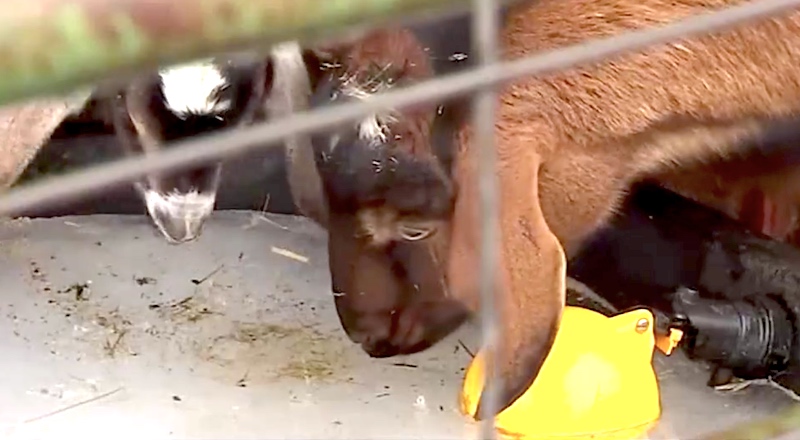
Farming in Oregon's Winter Weather Not for the Faint of Heart
Ten days locked in ice. No water due to a break in a water main, with more than 100 animals, not to mention your livelihood, depending on it to keep them alive. Which means having to carry dozens of gallons of water by hand from the creek at the bottom of the property up a steep hill to the barn.
"Think about your farmers out in these situations and know that they're going through a lot," said Michael Guebert of Terra Farma in Corbett in a report on a local news channel. "It's really, really hard work during good conditions but under conditions like this it's really stressful and really exhausting."
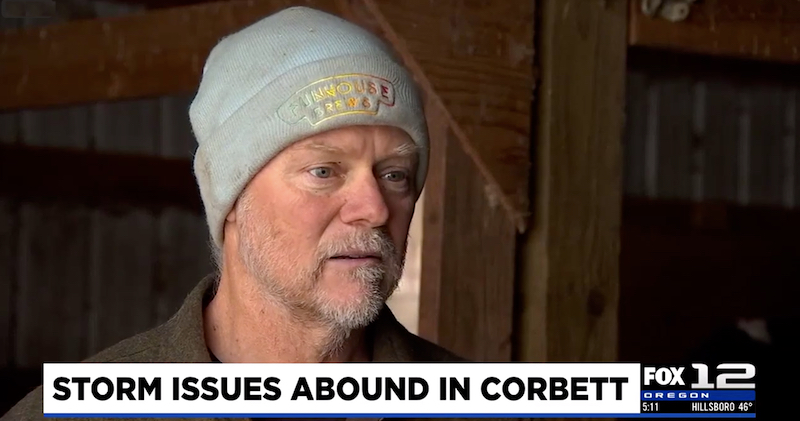
Photos of hoop houses with their plastic coverings collapsed under the weight of ice and snow, fields of frozen vegetables, posts on social media about frozen irrigation lines and burst field pipes illustrated the hazards of farming in winter and the risks that farmers take this time of year.
"I've seen a lot of reports of collapsed greenhouses and barns from the weight of ice and snow, and also damage to structures, fences, and other infrastructure from falling power poles, {power] lines, trees and limbs," said Alice Morrison of Friends of Family Farmers, a statewide organization that advocates for small family farms.
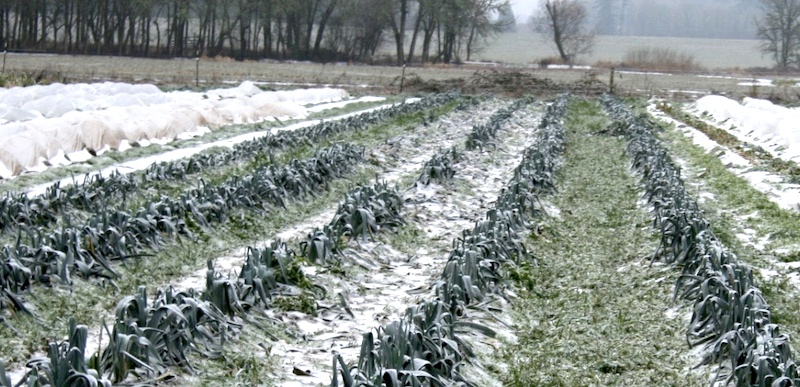
In response to the damage caused by the extreme weather, Oregon Governor Tina Kotek declared a statewide emergency on January 18th, instructing agencies to begin working with counties to assess needs, as well as identifying federal resources that are unlocked by declaring a statewide emergency.
In answer to a query sent to the Oregon Department of Agriculture (ODA) about disaster relief from storm-caused damage, Director of Communications Andrea Cantu-Schomus responded, "ODA is not aware of a state resource for farmers who have suffered damage in the ice storms as of today. Individual commodity groups are working on relief efforts" and, without naming the groups that might help, suggested contacting them directly.
Loss of income to farmers from damage to crops, buildings and irrigation could be devastating for some, not to mention the lost income from the many farmers' markets closed because of the freezing temperatures and ice. If they were able to get out at all, many farmers were unable to deliver to retail customers and restaurants because of road closures and dangerous conditions. Others had to hold off on harvesting or reschedule pick-ups with their CSA subscribers.
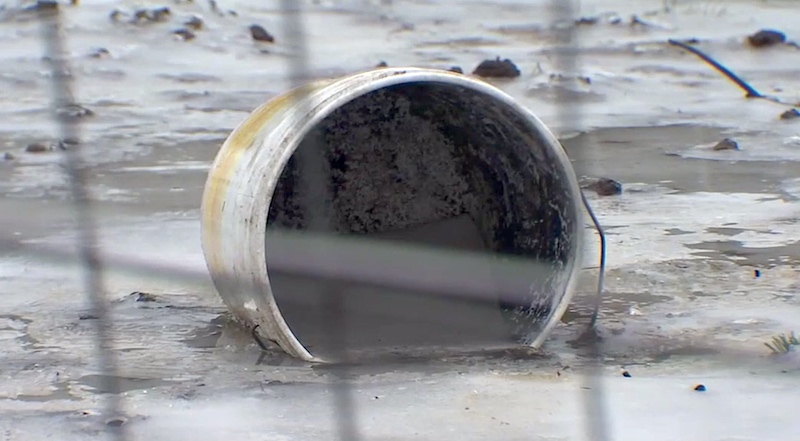
Josh Volk of Cully Neighborhood Farm wrote on its blog that when he puts together the winter CSA schedule he always thinks, “Well, if it freezes we’ll just delay a week since harvests are typically every other week anyway. It's still a bummer, though…I have my fingers crossed that some of the remaining heads [of radicchio] made it through that cold snap."
As they did when the COVID pandemic shut down many in-person farmers' markets, some farmers pivoted to holding local pop-ups with other farmers and producers to make up for lost income. It also gave customers an opportunity to stock up on fresh meat, veggies, locally roasted coffee and baked goods. Other farmers were offering discounts on home delivery of meat, bread, fish and pantry items.
Year-round farmers' markets will be reopening this weekend and farmers are looking forward to getting back to normal. If you can, make plans to get to your neighborhood market and wish your favorite farmers well. They've been through the wringer!
Photos: Guebert and bucket frozen in ice from KPTV report. Frozen field crops from Stoneboat Farm's Instagram feed.
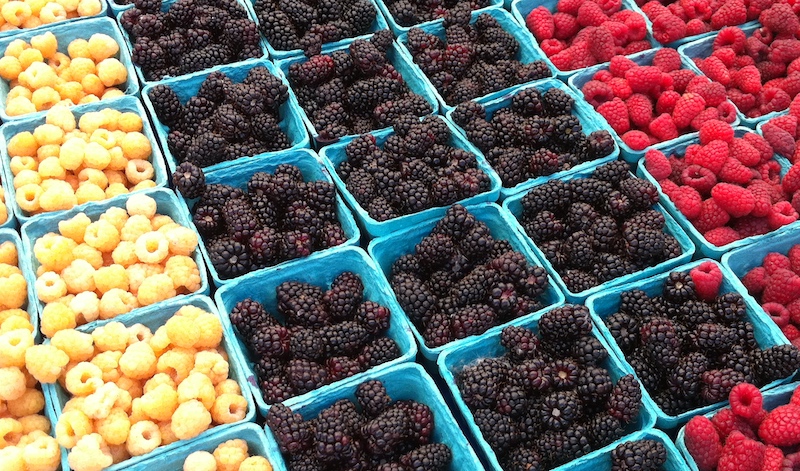
 This year the Oregon Department of Agriculture (ODA) is recruiting for 70 commodity commission seats, with a deadline to apply on March 15, 2021. Oregon’s 23 grower-funded commodity commissions support promotion, research and education to improve market conditions for their commodity.
This year the Oregon Department of Agriculture (ODA) is recruiting for 70 commodity commission seats, with a deadline to apply on March 15, 2021. Oregon’s 23 grower-funded commodity commissions support promotion, research and education to improve market conditions for their commodity.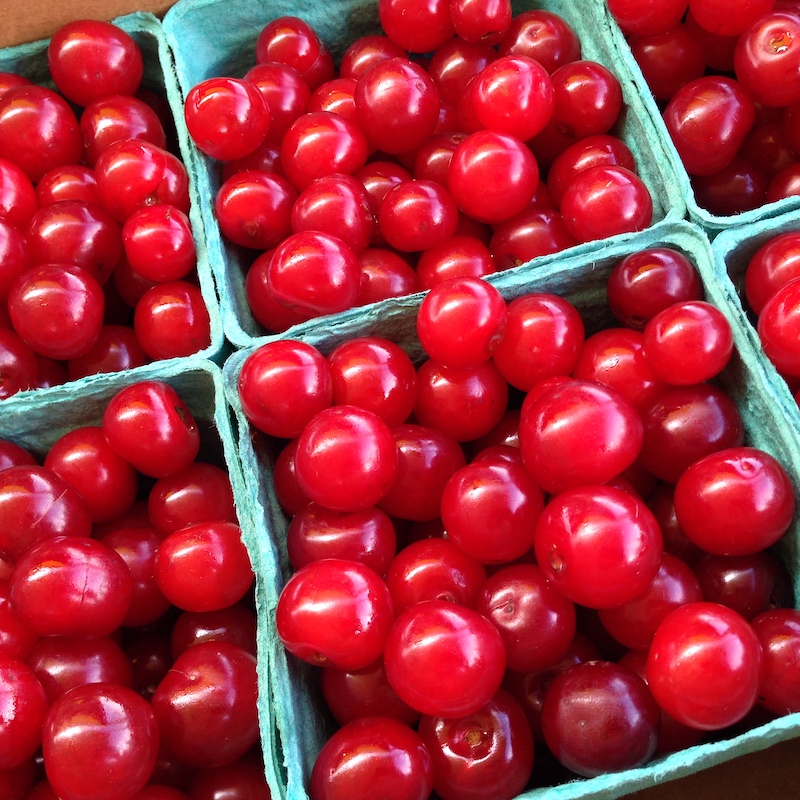 Each commission has a board that includes producer and handler positions. Producers grow or harvest the commodity; handlers are the first to purchase the commodity from the producer and often are processors, distributors, or marketers. Most commissions also include a member of the public. Time commitment varies depending on the commission, and due to COVID-19 restrictions, remote attendance is an option.
Each commission has a board that includes producer and handler positions. Producers grow or harvest the commodity; handlers are the first to purchase the commodity from the producer and often are processors, distributors, or marketers. Most commissions also include a member of the public. Time commitment varies depending on the commission, and due to COVID-19 restrictions, remote attendance is an option.